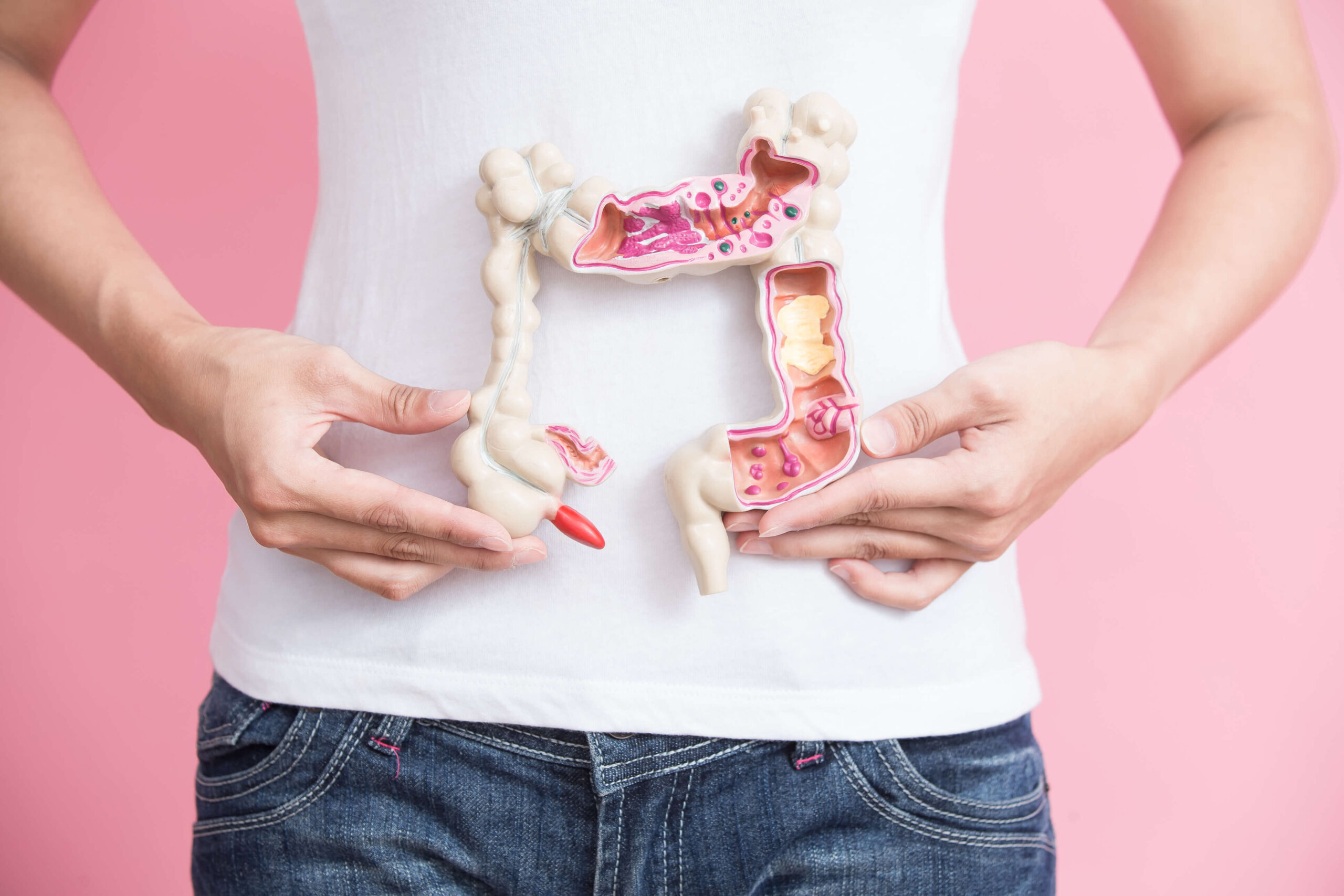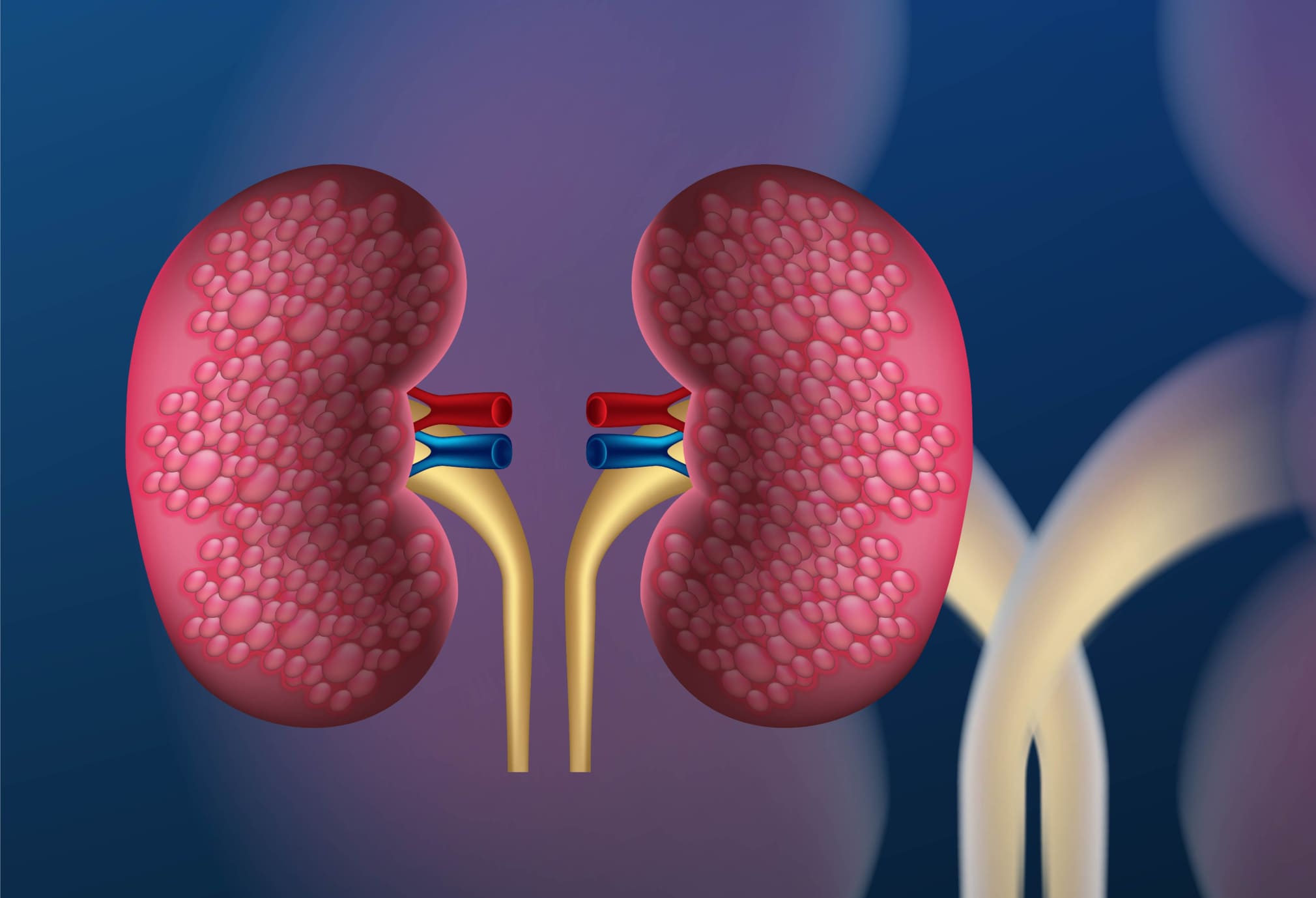Introduction
A liver transplant is a surgical procedure that replaces a diseased or failing liver with a healthy one from a donor. The recovery process after a liver transplant involves several stages. This guide provides a comprehensive overview of what to expect during liver transplant recovery.
Immediate Post-Operative Period
After the surgery, patients are typically moved to an intensive care unit (ICU) for close monitoring. The medical team will monitor vital signs, including heart rate, blood pressure, and oxygen levels. Pain management is a priority during this period, and medications will be administered as needed.
Hospital Stay
The length of the hospital stay varies depending on individual circumstances, but it generally ranges from one to two weeks. During this time, patients will undergo various tests to ensure the new liver is functioning properly.
Frequent blood tests are typically conducted to monitor liver function, immunosuppressant drug levels, and overall health status. These blood tests help the medical team assess the effectiveness of the immunosuppressive medications and detect any signs of complications. Based on the blood test results, medication adjustments may be made to optimize the immunosuppressive therapy and prevent the body’s rejection of the new liver while minimizing side effects.
During the hospital stay, patients may also receive education and guidance on dietary restrictions, food safety practices, and the importance of adhering to the recommended diet plan. Nutritional supplements or specialized diets may also be prescribed if necessary to support optimal healing and immune function.
Medication Regimen
Patients will need to take immunosuppressant medications to prevent the body from rejecting the new liver. Immunosuppressant medication are typically prescribed for the patient’s lifetime, with the dosage of certain immunosuppressants being adjusted as time passes on.
Other medications may be prescribed to manage symptoms or prevent other complications. The need for these medications typically lasts for several months after the surgery. Your healthcare provider will be able to access your condition during your follow-up appointments and advise you on when certain medication will no longer be required for recovery.
Caregiver Support
Caregiver support is required for all liver transplant recipients for around the first 6 weeks after hospital discharge. Patients can expect 24 hour support from caregivers once they return home.
Caregivers provide assistance with activities of daily living, such as bathing, dressing, or meal preparation.
They can also assist in medication management by organizing medications, ensuring timely administration, and tracking any potential side effects or interactions.
Home Visits
Home visits by healthcare professionals typically occur during the early stages of recovery after a liver transplant. The timing and frequency of these visits can vary depending on the patient’s specific needs and the healthcare provider’s protocols.
In general, home visits may begin within the first week after discharge from the hospital and continue for several weeks or months, gradually spacing out as the patient’s condition stabilizes.
Physical Rehabilitation & Returning To Normal Activities
Physical activity is encouraged as soon as possible after surgery to promote healing and overall health. Initially, this may involve simple activities such as sitting up in bed or walking short distances.
Patients are typically encouraged to do moderate-level exercises after 8 weeks. This could include walking, jogging, swimming or cycling. Heavy contact sports such as martial arts, football, or basketball will not be recommended at this stage of recovery.
Driving is another milestone of physical recovery. Patients are typically cleared by their physiotherapist or healthcare provider for driving 12 weeks after their surgery.
Depending on the patient’s recovery and the type of work that he or she does, patients can usually return to work 3-6 months after a liver transplant.
Potential Complications
Rejection
Rejection is one of the potential complications following a liver transplant, where the body’s immune system recognizes the transplanted liver as foreign and attempts to attack it. Rejection is usually managed by adjusting immunosuppressive medications or other targeted therapies to suppress the immune response and protect the transplanted liver.
Infection
Following a liver transplant, individuals are at a higher risk of developing infections due to the immunosuppressive medications that are required to prevent rejection. Preventing infections maintains overall health and protects the transplanted liver. Your healthcare provider will advise you on effective prevention strategies to avoid infection.
Biliary Complications
Biliary complications can occur after a liver transplant, primarily involving the bile ducts. These complications may include bile leaks, strictures (narrowing of the bile ducts), or blockages. The approach to managing biliary complications will depend on the specific nature and severity of the complication.
Diet & Nutrition
Each patient’s recovery timeline is unique, and dietary recommendations may vary based on individual circumstances and medical conditions. A patient’s healthcare provider will access the patient’s condition regularly and make recommendations and adjustments along the way. Patients can expect diet & nutritional adjustments from the moment after surgery up until their full recovery & regular annual checkup.
Alcohol and Substance Use
Following a liver transplant, a patient will be given strict guidelines regarding alcohol and substance use. Alcohol consumption should be completely avoided, as it can cause liver damage and interact negatively with immunosuppressive medications. Any prescribed or over-the-counter medications will also need to be evaluated by your healthcare provider to ensure they are safe to use.
Substance abuse or the use of illicit drugs will be strongly discouraged, as they can impair liver function, increase the risk of complications, and negatively impact overall health.
Conclusion
Recovering from a liver transplant is a complex & long process that requires careful management and commitment from the patient. By understanding what to expect and following the healthcare team’s instructions, patients can enhance their recovery and improve their long-term health outcomes.





